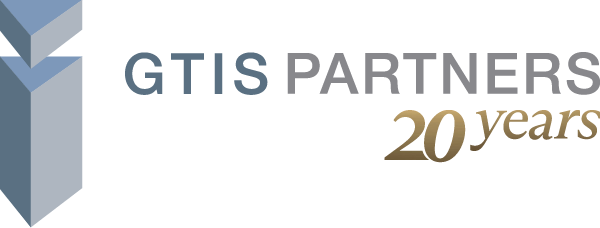Put Your Capital Gains to Work
Opportunity Zones are designated, under-capitalized areas within the US that could benefit from economic development and job creation. The program provides investors with qualifying capital gains benefits in the form of tax deferral, reduction and elimination through investment in ground-up real estate development and redevelopment. Learn more about opportunity zone regulations and investment opportunities in GTIS Qualified Opportunity Zone Overview.
What are the Opportunity Zones?
Opportunity Zones By The Numbers
- KCensus tracts designated as QOZs
- MPopulation
- %Urban
- $KMedian income
- $BCapital raised
- %Income growth
Which Gains Are Eligible?
Many types of capital gain are eligible for Opportunity Zone deferral, including stocks, bonds, commodities, partnership K-1s, business sale, real estate, personal residence, cryptocurrency and art
What Are The Tax Benefits?
Defer
Investors can defer the payment of capital gains taxes until 2026 by rolling realized gains into a Qualified Opportunity Zone ("QOZ") Fund
Virtually any capital gain qualifies (stocks, bonds, K1 partnership gains, or entire business)
Capital gains generally need to be invested in the QOZ Fund within 180 days of the sale that generated the capital gain
Eliminate
Investment in the QOZ Fund becomes completely free of capital gains tax after 10 years, as the basis is increased to match current Fair Market Value
Among other qualifications, assets in the QOZ Fund must be:
- Put to new use or
- Substantially improved by investing at least as much as the original purchase price
QOZ Fund must invest at least 90% of its assets in a QOZ
State Taxes and Incentives
Deferral and Forgiveness of Capital Gains Tax in Most States (excl. CA, NY, NC, MA, MS)
State and municipal development incentives (e.g. fast track approval)
Opportunity Zones can be effectively combined with other tax credit programs (e.g. historic preservation or affordable housing)
What Are The Conditions?
Three Basic Conditions of the Opportunity Zone Program - Well Aligned with GTIS Strategy and Experience
Opportunity Zones
GTIS Partners
What Is The GTIS Opportunity Zones Strategy?
Case Studies
Tavalo at Cadence, Single-Family Build-to-Rent (Phoenix, AZ)
- Development of 197 bungalow style one-to-three bedroom single-family rental community in Mesa, AZ
- Single-story with 10’ high ceilings, open floor plans, private backyards
- Class A multifamily style amenities
- Construction using Hercuwall, an innovative and environmentally friendly prefabricated exterior wall system
